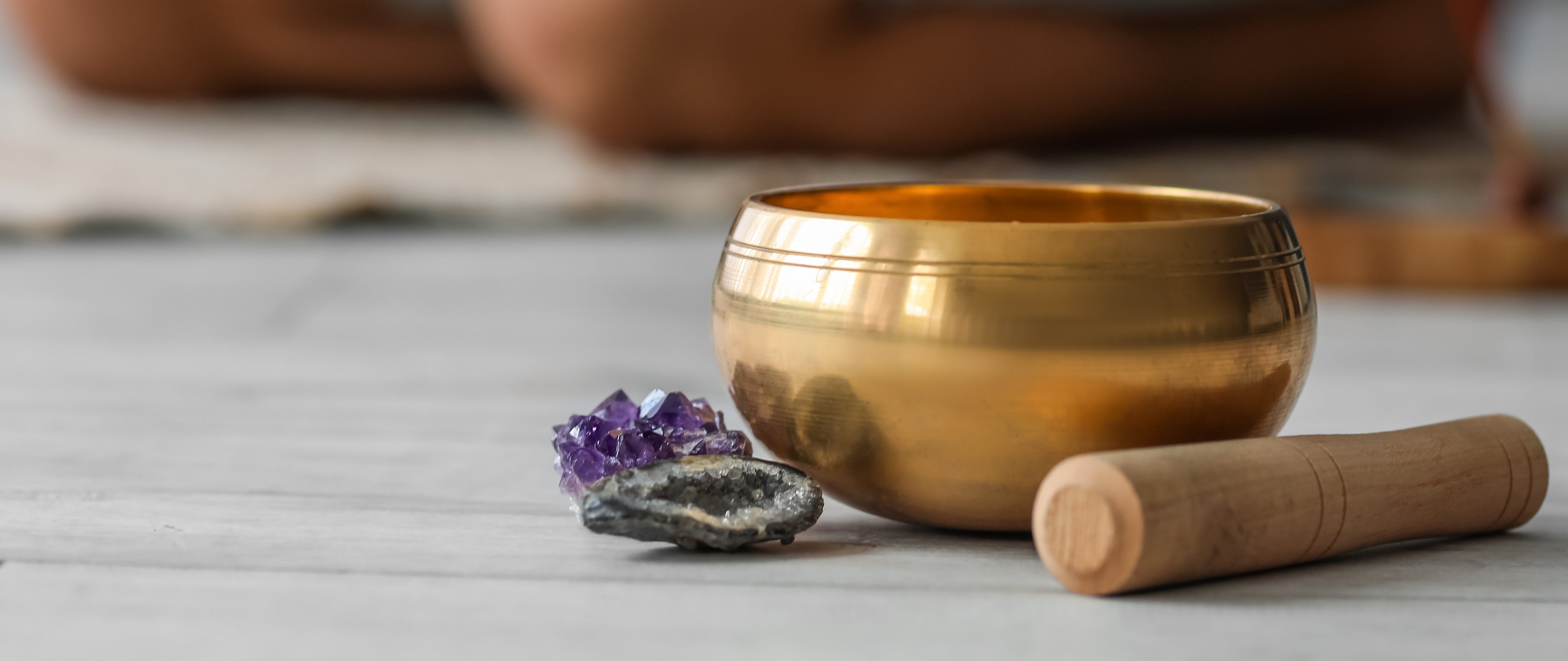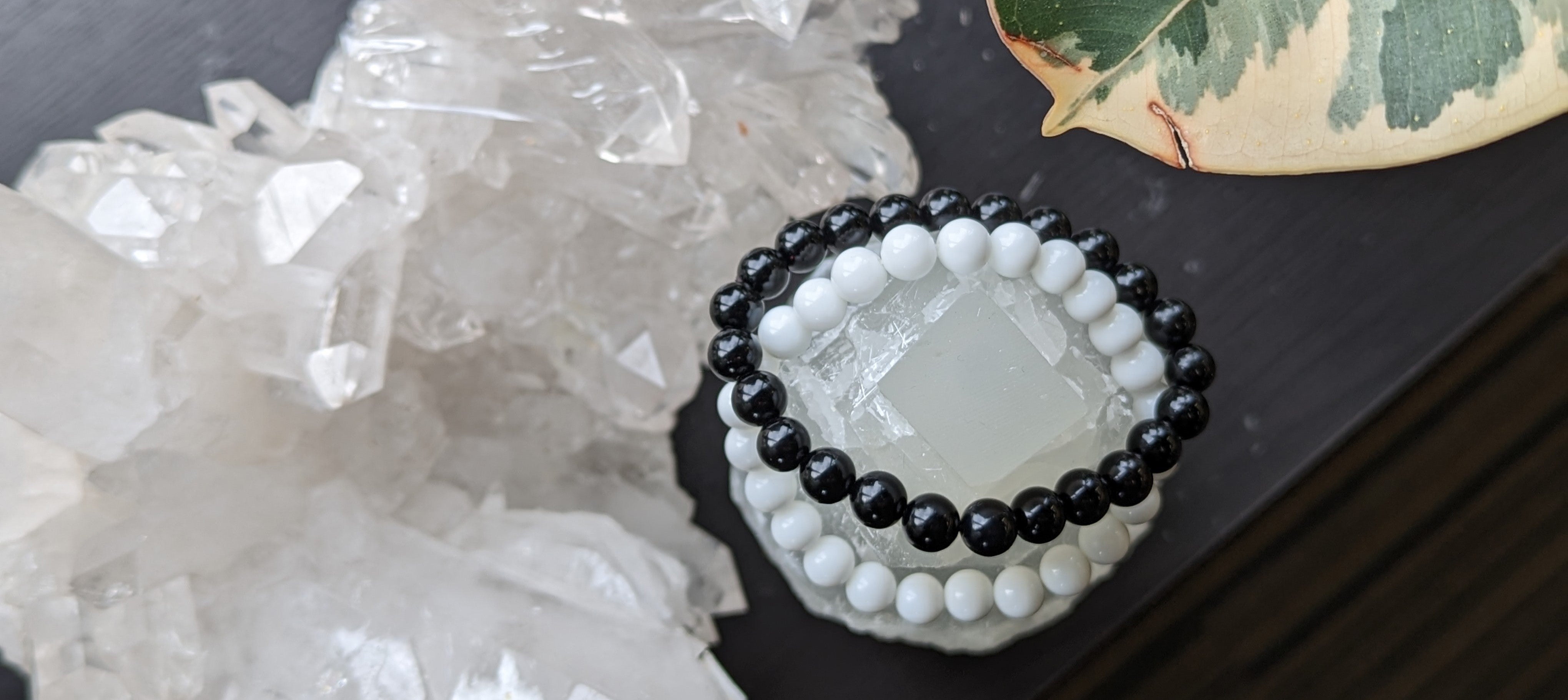The mere mention of Aquamarine evokes a feeling of serenity, calm sea and ease of mind. The stone itself boasts quality, beauty, and fidelity while so many other stones do not. It captures the soothing spirit of the oceans and vibrates with the healing power of ancient waters of the Earth.
The Physical Properties of Aquamarine
Aquamarine is a beryl mineral variety of gemstone quality. It is recognizable by its delicate blue or otherwise turquoise color. The greenish blue tint is suggestive of sea water color, hence the name Aquamarine: (aqua marina stands for water of the sea). The deeper the blue, the higher valued the gemstone. The deeper blue is achieved via a process of gradually heating the stone.
A form of beryl (a rare silicate mineral), Aquamarine is found in metamorphic and igneous rocks in many different parts of the world. Light-colored beryl stones with blue to greenish blue color are called Aquamarine. It has a hexagonal crystal system, imperfect cleavage, vitreous to resinous luster, it scores 7.5-8 on Mohs hardness scale, and is transparent to translucent.
Did you know that Aquamarine is also one of the rare minerals that will not synthesize in a laboratory environment?
The History of Aquamarine
Aquamarine was a prized gemstone in ancient Sumerian and Greek civilizations. One of the oldest mentions of Aquamarine was by a Roman philosopher named Pliny where he compares it to a treasure from a mermaid's home, a stone worth admiration. Aquamarine beauty was valued long ago in Egypt civilizations “ archaeologists have found it in numerous tombs and burial grounds.
Aquamarine of highest gem value ever recorded was found in Brazil in 1910. The stone weighed over 200 pounds. It was cut into hundreds of smaller pieces, and the combined carat weight was over 200,000 carats.
The Lore of Aquamarine
Aquamarine was used by Roman fishermen who believed it brought a bountiful catch. Sailors would carry the stone on their voyages as good luck tokens that brought calm seas and safe passage on their journey.
In medieval times, European nobility had great faith in aquamarine healing properties as they believed it was a toxin combatant and often wore it as jewelry and with clothing. Fear of being poisoned was widespread in medieval Europe, so Aquamarine was widely popular among the nobility.
But the folklore doesn't stop there. Aquamarine was also considered to be a token which grants its wearer protection from harmful effects of gossip.
The Metaphysical Properties of Aquamarine
Aquamarine is a stone of courage. It radiates calming energy which helps reduce stress and bring ease of mind to the holder. It had an affinity with sensitive souls and believed it invokes tolerance of people. The aquamarine helps sharpen the intellect and clarify perception. It helps the holder sharpen his intuition and induce clairvoyance. It is because of these soothing and calming traits that aquamarine is perfect for meditation. It gives the holder protection, shields the aura and helps align chakra.
Being the stone that targets the throat chakra, aquamarine helps with a sore throat and thyroid gland problems. The stone helps regulate hormones and gives a boost to the immune system.
This beautiful stone has many qualities “ aesthetic, value and metaphysical properties that make it truly a crystal of beauty. A stone that brings balance and tranquility, with Earth’s most profound history written in its core.





